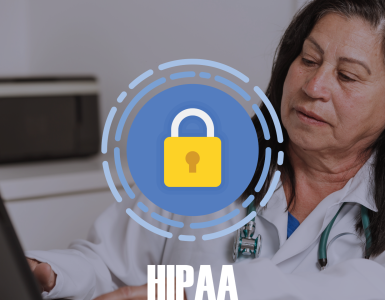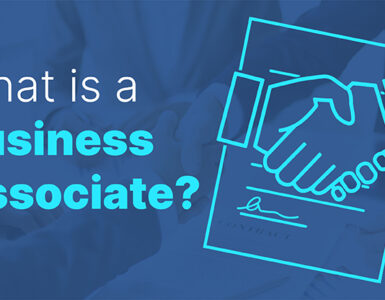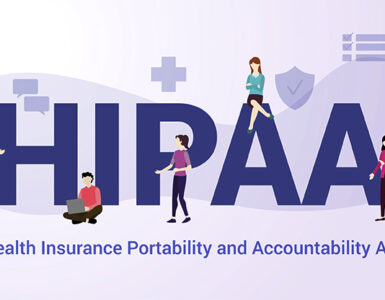The rapid rise in use of computer networks to process, store and exchange the patient health information has made it easy for the health providers to speed up and improve the quality standards of their services. The seamless connectivity that internet provides, makes it easy for patients to access their medical information and process it as per, their own convenience, without wasting their precious time.
But there are risks associated with this form of electronic exchange of protected health information. Once the information is transmitted out of the private domain like a laboratory, hospital, clinic, insurance provider, billing service and patient network, into public network, it becomes vulnerable to theft and unauthorized intercept.
To protect the loss of crucial patient health data it is necessary to adopt the right encryption procedure before the sensitive data is sent out to the receiver, through the public network. The purpose of encryption is assure the sender that he or she is sending the information to the receiver in foolproof manner and the information safely reaches the receiver without getting intercepted during its journey.
To achieve HIPAA compliance it is necessary to maintain complete secrecy of the information whether it stored, processed or exchanged between two or more, different health entities. Any lapse can invite strict regulatory fines and convictions. Hence it necessary to protect the information as it travels through the internet between the sender and the receiver, by adopting the right encryption procedure. This can be done by adopting the Secure Socket Layer(SSL) technology that uses both, symmetric and asymmetric forms of encryption.
The patient health information is ciphered into a meaningless or senseless statement, which is of no use to anybody who steals it. This is again converted back into original form by the receiver with the help of a secret key that has been provided by the sender. In this way the information routed is safe and secure, and there is no possibility of identity theft, which is in line with HIPAA compliance.
Encryption ensures safe passage of confidential patient health information through public network.
Read more on HIPAA compliance at, www.empowerbpo.com




